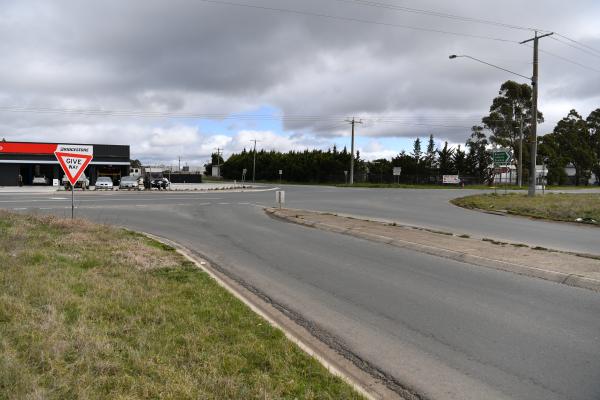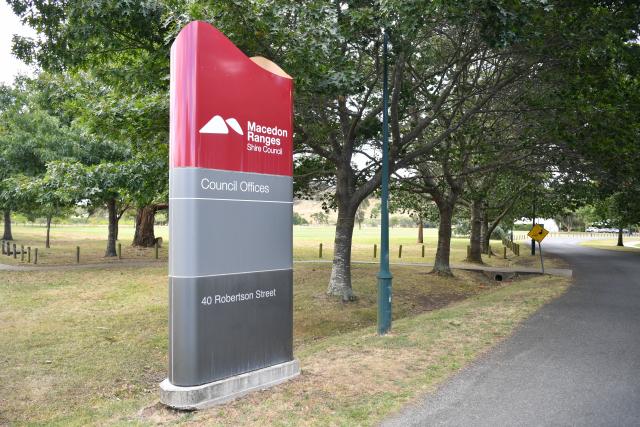Macedon Ranges council has made a last-gasp change to its roadside conservation document, after a hawk-eyed community member identified a section of the policy that could see a permit system introduced for roadside slashing.
Monegeetta-based cattle farmer Randall Gerkens communicated his concerns with council’s Roadside Conservation Management Plan via an email exchange with council staff in June.
The policy document outlines how the shire’s 7000 hectares of roadside vegetation will be maintained in line with council’s vision of environmental protection.
Mr Gerkens’ 600-acre property includes 1.5 kilometres of non-native roadside vegetation which requires regular slashing to mitigate fire risk.
In the past, Mr Gerkens has completed this task himself, which he said can often take several hours on top of the large workload that comes with farm management.
After reading council’s draft roadside document, which states that “any works on roadsides by landholders [will] require a permit,” Mr Gerkens said he was concerned at the added responsibility and the heightened fire risk.
“It’s just absurd, and an unreasonable burden,” Mr Gerkens said.
“It quickly becomes a fire hazard, especially at this time of year.
“I understand the context that you can’t just go pulling out native vegetation without a council permit, but this document is so poorly drafted, you could argue that the permits apply to any form of mowing.”
In an email response to Mr Gerkens’ concerns, seen by Star Weekly, council’s strategic biodiversity project officer Krista Patterson-Majoor stated that “no approval” will be required for mowing or slashing exotic grasses on roadsides.
At a council meeting held last week, a public submission from Mr Gerkens highlighted the contradiction, as the Roadside Conservation Management Plan – which council officers had recommended should be adopted – still included reference to a permit application for slashing.
Responding to the submission, Macedon Ranges council chief executive Bernie O’Sullivan said council had decided to amend the plan to remove any “ambiguity” concerning permit applications.
As part of council’s consultation processes, they [council officers] aim to provide … best information they can at a point in time, occasionally this needs to be updated and clarified,” Mr O’Sullivan said.
“To further reassure land holders that the roadside conservation management plan is not imposing a new permit requirement… officers are recommending to council that they consider an amendment to the officer recommendation.”
The amended plan was adopted by council.

















